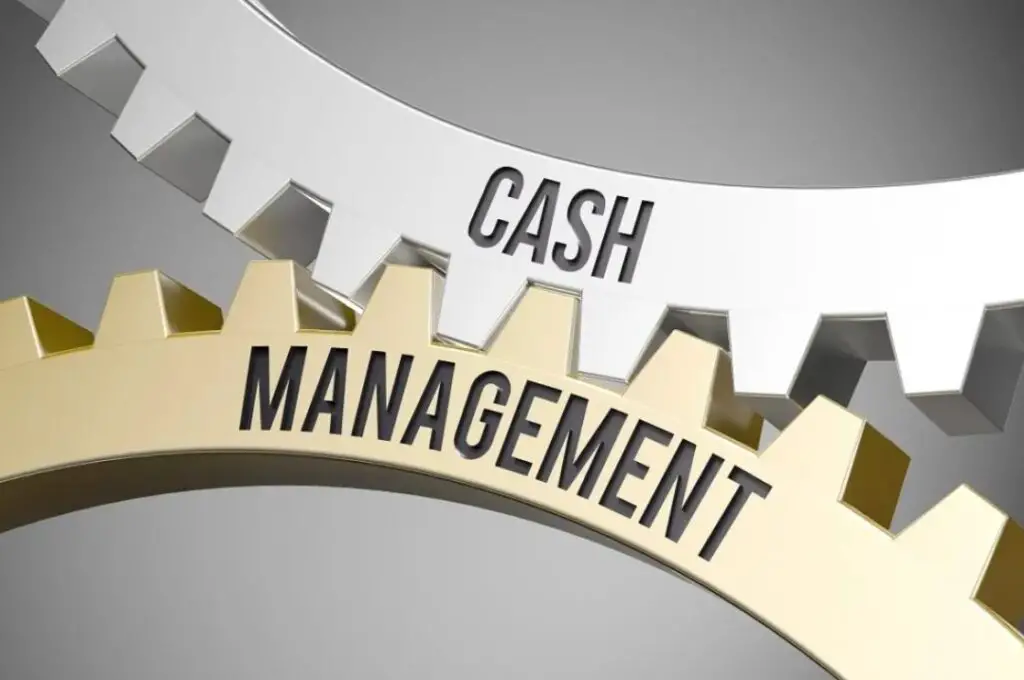Have you wondered about the purpose of a mixed bill counter or even the traditional one? Why did we require it in the first place? Many would say; to count the cash, of course!
But, while this may be the apparent use, the bigger picture is something more beneficial, i.e., cash management.
Cash management refers to the process of collecting the cash and managing its flow. It is a basic finance technique that every individual/company must understand and practice.
In today’s post, we will evaluate the fundamental cash management principles. We’ll also discuss the benefits and their significance in detail. So, let’s begin!
Understanding Cash Management

As mentioned earlier, cash management is a managing technique used to collect cash and make its flow steady. It has a use anywhere money gets involved. You can use it on an individual level to manage your home finances, or companies may use it on a large scale to maintain cash fluidity.
Since cash is a major asset, it is important to maintain its stability. And, cash management is what helps us in this.
Generally, banks are the major financial service provider for cash assets. Thus, they provide cash management solutions to companies and businesses. However, you can opt for third-party cash management solutions too.
Cash Management VS Treasury Management
Often, people confuse cash management with treasury management and even use them interchangeably. However, there lies a fine line of difference between both terminologies.
Cash Management refers to the control of money flow and maximization of its liquidity. Anyone taking care of the cash inflow and outflow such that financial stability gets achieved in performing cash management. Even in the business world, it involves basic processes such as sweep accounts, wire transfers, merchant services, etc.
Meanwhile, treasury management occurs on a much larger scale. It involves the management of a company’s funding and investment activities. Usually, corporate treasurers, business managers, and chief financial officers handle this responsibility.
Principles of Cash Management
Cash management has five basic principles. Following these can help one achieve the best possible results. These include:
- Collect the Cash Early
- Have a low inventory
- Delay liability payments
- Invest the cash
- Pay taxes, then plan disposable income
Benefits of Efficient Cash Management
Good cash management brings a lot of benefits on both personal and commercial levels. It can make your life a whole lot easier and simpler. Some of the major benefits of good cash management include:
- Streamlined Cash Flow
Cash management promises you financial stability. It means you will never run out of cash. There will be a steady flow available to fulfill your expenses and progress. It is quite important for businesses, which also have to make payments to their employees.
- Better Planning
Since we have a stable cash flow present, cash management also allows us to make better achievable plans. Good cash management removes all those ifs and uncertainties from the plan. Hence, your success rates will increase greatly.
- Opportunity to Invest
Another amazing benefit of cash management is the opportunities to invest. Once you’ve sufficient funds available, you can plan the growth and progress of your business. You can use a portion of the saved cash assets to invest and multiply your resources.




